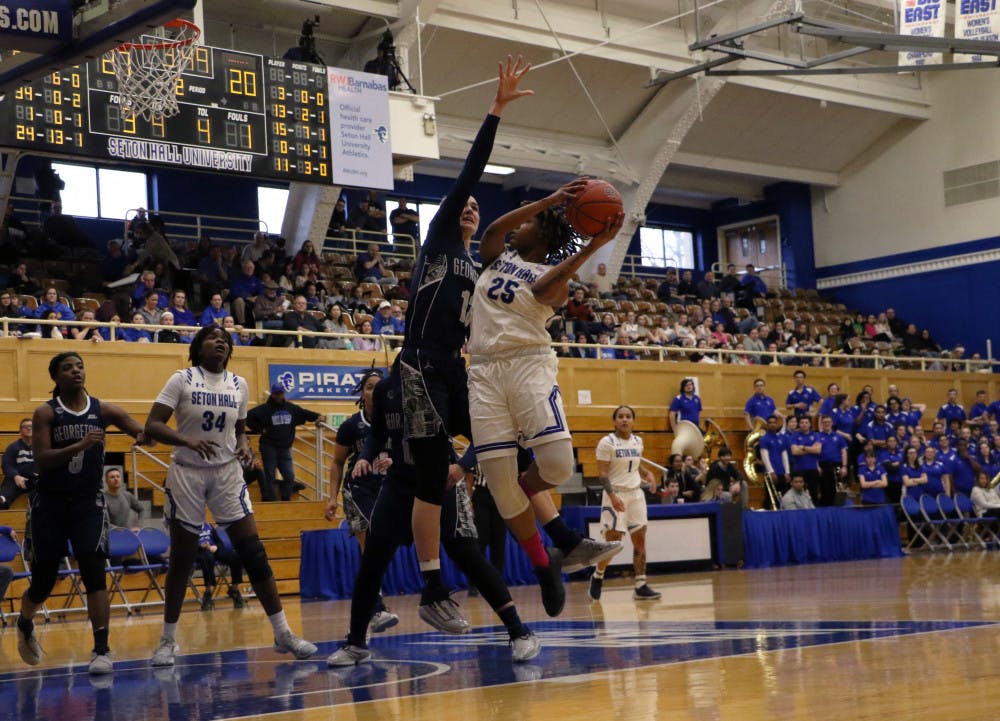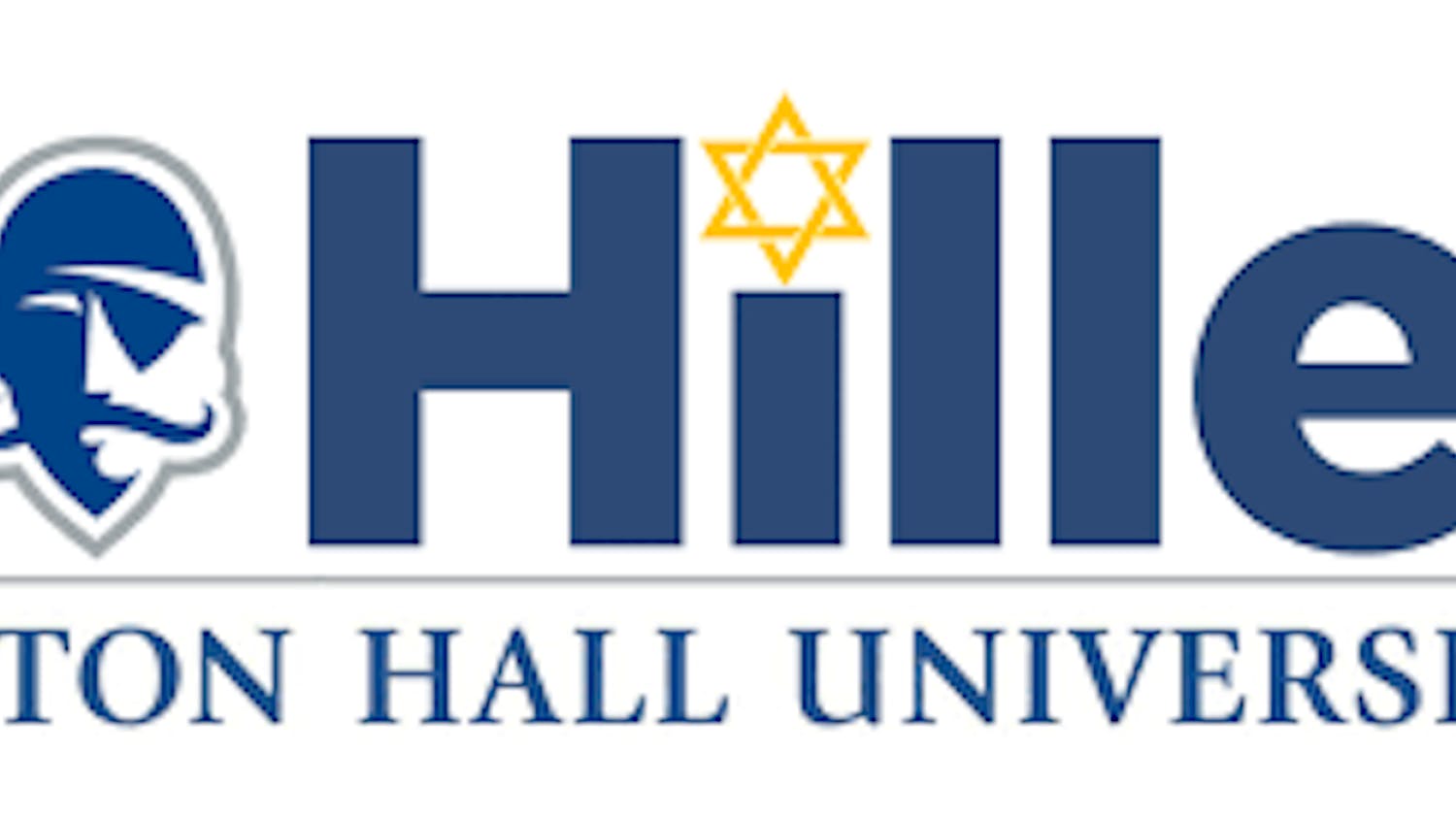The Big East Virtual Career Fair on Nov. 14 will allow students to meet employers online, and students can register to connect with alumni from other Big East Schools.
Reesa Greenwald, the director of the Career Center, suggests that students start their job hunt even before their senior year, making appointments with the Career Center and participating in career fairs to see different job options for their major.
"One of the many exciting things in college is that you have a few years to do some exploring, and to say 'this is who I am, and given my interests, what are my passions, what do I love to do, and how can I turn this into a career where I can actually get paid?'" Greenwald said. The Career Center can guide students toward their ideal path after graduation.
Students worry that as graduation approaches, they might have to leave their field of study for any job opportunity that comes their way.
This is not true, according to Greenwald. She said there are a lot of "gray" areas when it comes to finding a career after college, and more often than not, a job might not be exactly what one had in mind when choosing their major, she said.
"People assume that because of the difficulty in the job market, people are abandoning their plans and going for something different, but I don't think that's what's happening at all," Greenwald said.
She urges people to think of the progress grads make in the job market four to six months after graduation.
Students with a one-track mind may have had to take a less direct route to their dream job in the past few years, but that doesn't mean that their goals aren't accessible. "More majors than not, I think, do not have a clear path," Greenwald said.
According to Greenwald, internships are the key to seeing realistically where students will want to work after college.
"Let's say you get into the environment chemistry majors, and you go into a lab and come back and say, 'Can I do this work?'"
Kathryn King, a junior majoring in elementary and special education, said that she confirmed her career path through internship experience. "My field placement made me realize that I was meant to be doing this," she said.
King explained that while knowing students are taking career paths that they might not have considered while picking their major is a bit discouraging, but "in the end having a degree is worth it."
According to Greenwald, this is the ultimate goal of the Career Center.
"We're going to teach you how to take the next step, and in the process of all of that I think that people figure out, 'When I declared the major I thought I was going to go in this direction, but I think I'm going to go in this other direction now,'" Greenwald said. She added that ultimately, "it still relates back to what you learned in the field."
Internships help students to see earlier on that one major doesn't have to have one job.
"I hope to work in my major, because working in the field through internships really helped me make my decision," junior journalism and public relations major Tiffany Knighten said.
Mary Marshall can be reached at mary.marshall@student.shu.edu.





